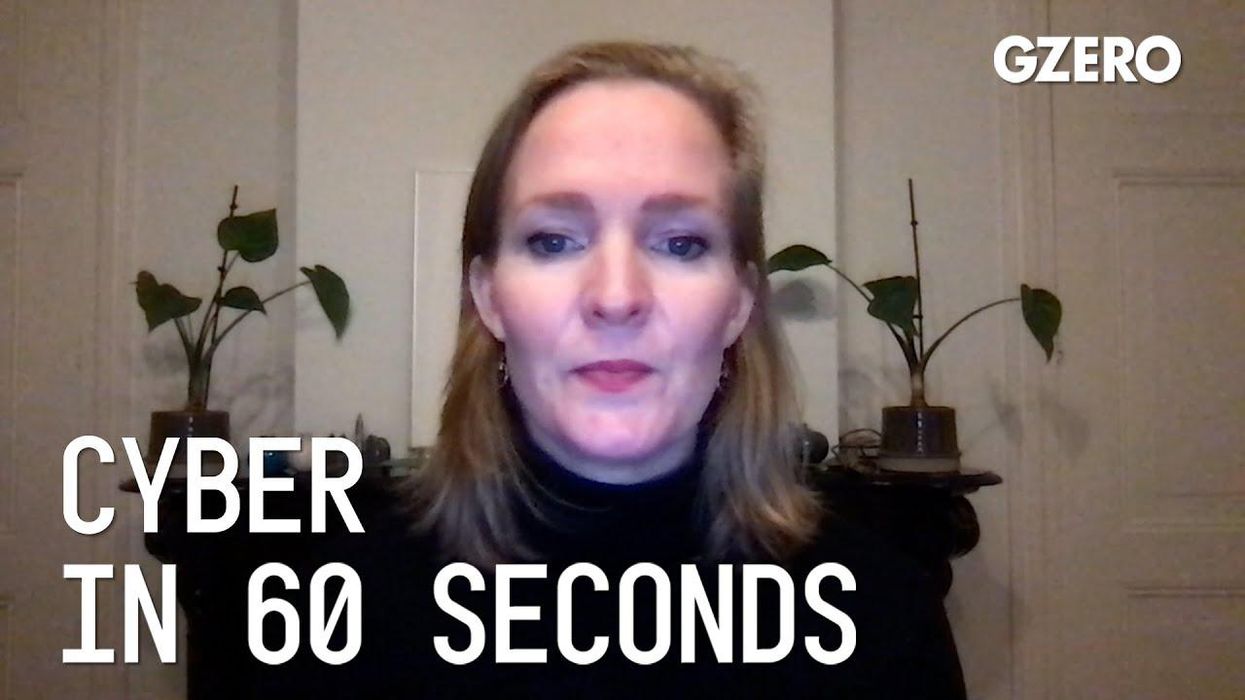AI
What We’re Watching: Zambia warns against anti-LGBTQ protests, AI scares tech leaders
Zambia warns against anti-LGBTQ protests ahead of Harris’s arrival; Is artificial intelligence getting too smart, too fast?
Mar 29, 2023


